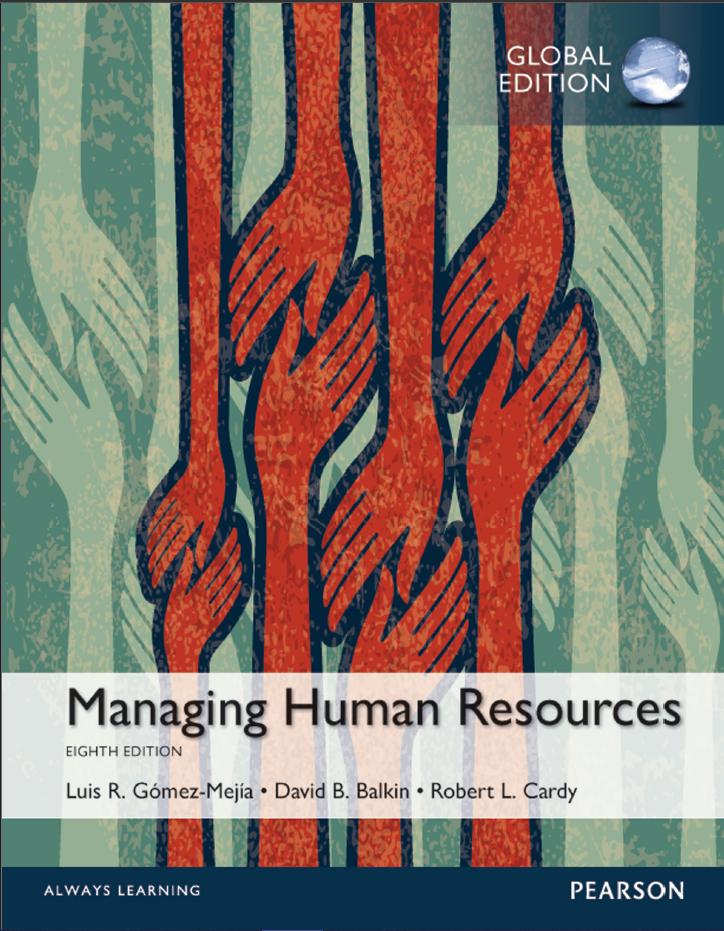Critics of the decision to restrict telecommuting at Yahoo point to the poor financial and stock market
Question:
Critics of the decision to restrict telecommuting at Yahoo point to the poor financial and stock market performance of Yahoo in the years prior to this order, and they suggest that the CEO’s motive was to impress investors by displaying more control over Yahoo employees. It is likely that the CEO expected—by mandating that employees be present in the office on a regular basis—that they would have more fortuitous conversations in the corridors of Yahoo that would likely lead to increased levels of innovation and new product development. Can you think of alternative ways that the company could engage employee innovation and creativity without restricting their freedom to work at home?
In February 2013 Yahoo CEO Marissa Mayer decided that starting in June, all Yahoo employees would be expected to come to their offices each day to perform their jobs. In effect, this decision resulted in a ban on telecommuting, impacting the work lives of many Yahoo employees who had been working at home. CEO Mayer made this decision after noticing the high number of vacant spaces in the Yahoo corporate parking lot and the scarcity of people occupying cubicles in the building. Yahoo’s financial performance had been disappointing for several years prior to announcing the telecommuting ban, and consequently the previous CEO had been dismissed by the board of directors before Ms. Mayer was recruited from Google in 2012 to assume the top job. The justification for the restriction on telecommuting was that by requiring employees to be present at the office, Yahoo would benefit from an anticipated increase in productivity and innovation that should stimulate Yahoo’s performance in the competitive technology industry.
The restriction on employee telecommuting runs counter to the conventional wisdom accepted in many companies that giving employees the freedom to work at a location of their choice would have benefits for the company as well as for the employee.
Currently, 20 to 30 million Americans work from home at least once a week. For example, IBM is a company in which just under 50 percent of its employees do not have a regular office; instead, they telecommute and occasionally use hoteling offices, which consist of company-owned office space that can be reserved depending on where an employee is situated at a particular time. Under this arrangement IBM—with a global workforce of over 300,000 employees—achieves significant savings on the cost of leasing and maintaining office space. Cisco, a giant technology company based in Silicon Valley, California, claimed in 2009 that it saved $277 million a year by allowing its employees to telecommute.
The decision to tether Yahoo employees to their company offices also generated mixed comments from other executives. Sir Richard Branson, founder of Virgin Atlantic Airways and Virgin Records, wrote a critical blog post that the decision was “a backwards step in an age when remote working is easier and more effective than ever.” Taking an opposing position was Donald Trump, chairman and president of The Trump Organization, founder of Trump Entertainment Resorts, and star of the NBC reality show The Apprentice, who indicated on Twitter that CEO Mayer was “right to expect Yahoo employees to come to the workplace versus working at home.”
Step by Step Answer:

Managing Human Resources
ISBN: 9781292097152
8th Global Edition
Authors: Luis R Gomez Mejia, David B Balkin, Robert L Cardy





